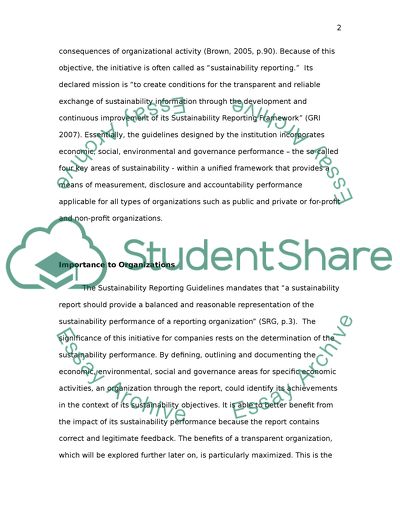Cite this document
(“Global Reporting Initiative and Sustainable Reporting Essay”, n.d.)
Global Reporting Initiative and Sustainable Reporting Essay. Retrieved from https://studentshare.org/finance-accounting/1452975-global-reporting-intitiative
Global Reporting Initiative and Sustainable Reporting Essay. Retrieved from https://studentshare.org/finance-accounting/1452975-global-reporting-intitiative
(Global Reporting Initiative and Sustainable Reporting Essay)
Global Reporting Initiative and Sustainable Reporting Essay. https://studentshare.org/finance-accounting/1452975-global-reporting-intitiative.
Global Reporting Initiative and Sustainable Reporting Essay. https://studentshare.org/finance-accounting/1452975-global-reporting-intitiative.
“Global Reporting Initiative and Sustainable Reporting Essay”, n.d. https://studentshare.org/finance-accounting/1452975-global-reporting-intitiative.


